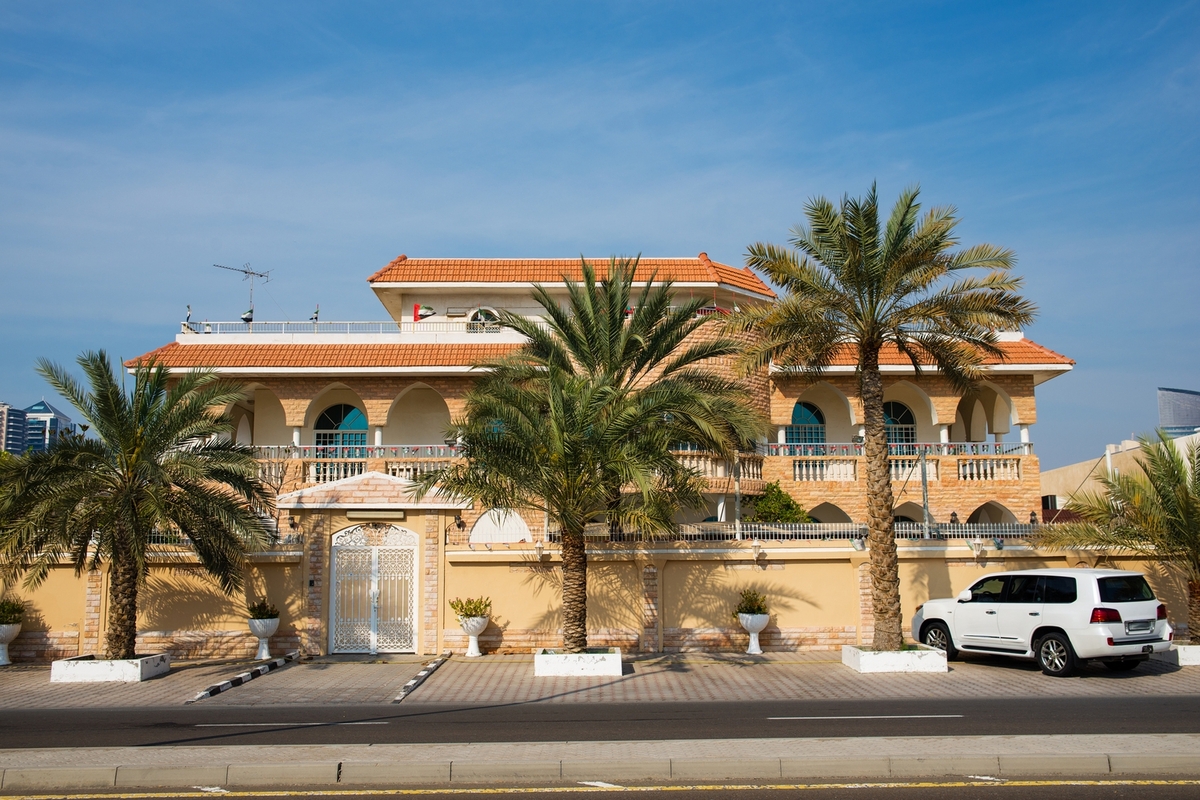Comprehensive Guide to Starting a Business in Dubai: Step-by-Step Strategies for Entrepreneurs
Discover the comprehensive process of establishing a business in Dubai with this detailed guide. Learn about licensing, legal structures, costs, and strategic tips for entrepreneurs aiming to capitalize on Dubai's thriving economy. From choosing the right location to navigating regulations, this article provides essential insights for successful business formation in Dubai.

Essential Insights for Establishing a Successful Business in Dubai
Dubai stands out as a premier global destination for entrepreneurs and investors seeking to launch new ventures. Its strategic geographical location at the crossroads of Asia, Europe, and Africa, coupled with a business-friendly environment, tax advantages, and modern infrastructure, makes it an ideal hub for business growth. With a vibrant expatriate community comprising over 80% of the population, Dubai offers multicultural opportunities that cater to diverse industries and business models. This extensive guide provides an in-depth look into the critical aspects of business formation in Dubai, covering legal requirements, costs, licensing procedures, and practical tips to ensure a smooth set-up process.
Key Factors to Consider When Registering a Business in Dubai
Understanding Business Activities and Licensing
One of the first steps in establishing a business in Dubai involves identifying the core activity your enterprise will focus on. This decision influences licensing requirements, legal structure, and location choices. Dubai offers a variety of license types, including occupational licenses for professionals, tourism licenses for travel-related services, industrial licenses for manufacturing, commercial licenses for trade activities, agricultural licenses, and professional licenses. Ensuring the correct classification aligns your business with legal regulations and simplifies the licensing process. The licensing authorities meticulously regulate this aspect to prevent overlaps and ensure compliance with local laws.
Choosing the Appropriate Business Structure
The legal framework of your business significantly impacts operational flexibility, ownership rights, liability, and taxation. Dubai provides multiple options, including sole proprietorships, civil companies, limited liability companies (LLCs), public or private joint-stock companies, GCC-specific entities, branches of foreign companies, holding firms, and representative offices. Each structure has its unique setup procedures, capital requirements, and governance rules. Entrepreneurs should assess their long-term goals, funding sources, and managerial preferences before selecting an entity type. The Dubai Chamber of Commerce and Industry offers valuable guidelines and resources to facilitate this decision-making process.
Trade Name Registration and Branding
Selecting a distinctive and compliant trade name is critical for branding and legal recognition. The chosen name must adhere to Dubai’s naming conventions, avoiding offensive or inappropriate terms, and cannot duplicate existing trademarks or registered business names. It’s recommended to include the legal form, such as LLC or FZE, to clarify the business structure. Proper registration of your trade name ensures smooth branding processes and legal protection against unauthorized use.
Initial Approvals and Regulatory Clearances
Before initiating formal registration, obtaining initial approvals from relevant authorities is mandatory. This process involves submitting an application and securing a no-objection certificate (NOC) from the UAE authorities. These approvals verify the legality of the business concept and readiness to proceed to registration. Both startups and established enterprises must comply with this step to avoid delays or legal issues later in the process.
Drafting Mandatory Agreements
Depending on your business model, legal agreements such as the Memorandum of Association (MOA) for joint ventures and LLCs, or Local Service Agent Agreements (LSA) for sole proprietors, are crucial. These documents define ownership rights, responsibilities, profit sharing, and operational procedures. Engaging legal professionals experienced in Dubai’s corporate laws can streamline this process and ensure compliance with all legal requirements.
Securing Business Location and Premises
The choice of location—mainland or free zone—affects your ownership rights, taxation, and operational flexibility. Free zones offer benefits such as 100% foreign ownership, exemption from corporate taxes for up to 50 years, and simplified repatriation of profits. Many entrepreneurs opt for free zones for these reasons, but must ensure the premises meet the Department of Economic Development’s (DED) standards. Mainland locations, on the other hand, facilitate direct access to the local market but may involve more regulatory requirements and joint ownership with local sponsors.
Additional Sector-Specific Approvals
Businesses operating within highly regulated sectors like shipping, healthcare, legal services, engineering, and others must obtain sector-specific permits. These additional licenses often require compliance with sector guidelines and inspection approvals, increasing the complexity of the setup process. Ensuring thorough understanding and compliance minimizes risks of operational disruptions in the future.
Preparing and Submitting Documentation
The registration process entails submitting comprehensive documentation, including completed application forms, detailed business plans, existing licenses, passport copies of owners and shareholders, signatures, NOC from sponsors or partners, and financial statements or bank references. Accurate preparation of these documents accelerates the approval process and avoids unnecessary delays.
Paying Fees and Finalizing Registration
Business licensing fees vary depending on the nature and scope of the enterprise but generally range from USD 4,000 to USD 6,800. Payment methods include online platforms or direct bank transactions. Upon payment, entrepreneurs can collect their licenses from the issuing department or download them via official online portals. Registering with the Dubai Chamber of Commerce further solidifies your official status and provides access to a wide network of business services and opportunities.
Understanding Business Setup Costs in Dubai
Setting up a business in Dubai involves various costs, including licensing fees, registration charges, office rent, and initial operational expenses. License costs depend on factors such as business activity, location, and the number of employees. For small startups, utilizing co-working spaces or shared offices can significantly reduce initial overheads, sometimes lowering setup costs by up to 50%. Entrepreneurs should prepare detailed budgets and financial forecasts to ensure smooth cash flow during the startup phase.
Foreign Ownership Benefits and Fast-Track Procedures
One of Dubai’s most attractive features for expatriates is the possibility of full foreign ownership in free zones and certain mainland sectors. This policy creates a level playing field for global entrepreneurs, allowing them to retain complete control over their businesses without the need for local partners. Dubai’s streamlined registration process is highly efficient, often completed within just four days. This rapid setup time enables entrepreneurs to start operations swiftly and focus on growth and expansion.
Additional Resources and Support
For detailed guidance, entrepreneurs can access resources from Dubai’s DIFC, Dubai Chamber of Commerce, and the UAE Ministry of Economy. Numerous business registration services and consultancy firms are available to assist in navigating regulatory requirements, preparing documentation, and securing permits. Leveraging these services can ensure a hassle-free start and facilitate ongoing compliance and growth in Dubai’s dynamic business environment.




